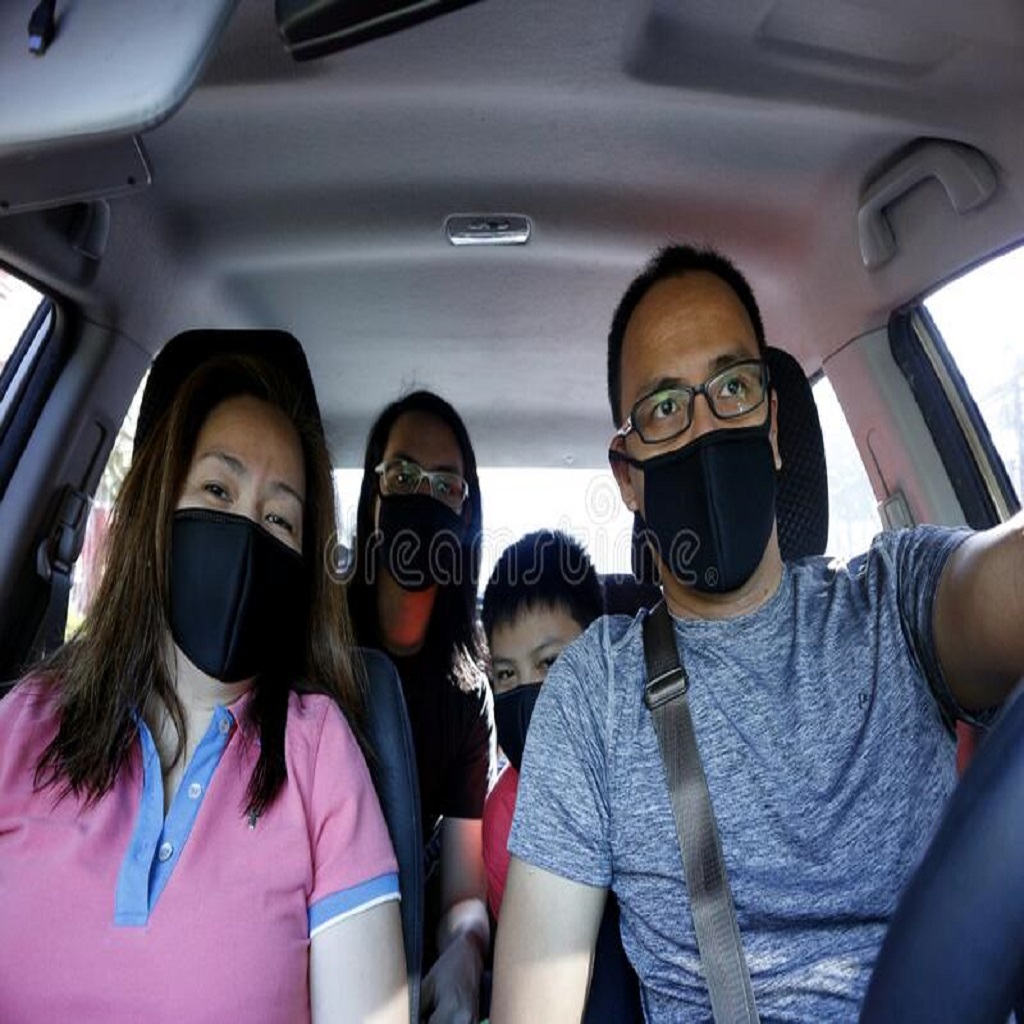Travelling is an essential aspect of life for both individuals and families. Sometimes, people travel as a form of recreation and other times, out of necessity. However, with the outbreak of the coronavirus, travelling has become risky.
Although the risks are high, it has not stopped families from travelling to see their loved ones. If you intend to travel, you need to ensure the safety of your family. A lot of things can help you stay safe as you travel, and one of them is getting a PCR test near me.

Some other precautions you can take that would help keep you and your family safe as you travel in this period of COVID-19 are listed below.
Is travelling during the COVID-19 pandemic okay?
Travelling during this period of the COVID-19 pandemic comes with the risk of spreading or contracting the coronavirus. If you want to travel, check your travel destination and local area to know how the coronavirus is spreading. If you or any family member feels sick or present symptoms of the virus, or someone around you got infected within the past 14 days, you should get a private COVID test near me, and cancelling your trip may be the best option.
It is also best to cancel all travel plans, even the essential travel to high-risk areas, especially for family members who have a higher risk of a severe illness like those with other severe medical conditions. You may also need to put off visits to your family members who at a higher risk of getting sick from COVID-19.
What preparations should I make for family travel?
If you decide to travel, ensure that you check for travel restrictions in your local area and travel destination. You should also check for local testing requirements, quarantine regulations, and stay-at-home orders on the official website of the Ministry of Health and local health authorities.
Note that these policies may change at any time with only short notice, and this may affect your travel plans. During your trip, if any family member gets sick or exposed to the coronavirus, you may have a delayed return because the person may need to be quarantined or isolated.
Suppose a family member becomes ill or sustains an injury. In that case, you may also not have access to adequate medical care because most healthcare centres in areas with a high number of COVID-19 cases are overwhelmed.
It is also essential to check for available accommodation, restaurants and transport before you travel because most services are temporarily unavailable. Shops, tourist attractions, restaurants, and public transports in most areas have either been fully or partially affected.
Additional travel considerations
- Ensure every family member is up-to-date on the routine vaccinations like the seasonal flu vaccine, and measles-mumps-rubella (MMR) vaccine.
- Ensure that all family members taking specific medication have enough to last for the trip.
- Opt for safe means for transportation where social distancing is possible. You may need to avoid cruises and air travels which requires you to be in close contact with people for a long time. If you opt for public transport, try not to touch high-risk surfaces, sanitise or wash your hands often, and if possible, seat at least a row away from other people. If you opt for a private vehicle, limit your stops and ensure you have enough drinks, foods and petrol.
- Opt for less used routes and avoid peak travelling times.
- Limit your movement to places without a crowd during your trip. Social gatherings, parties, and concerts are high-risk places you need to avoid.
- Arrange for your drinks and food during your trip.
What precautions should we take if we intend to spend the night away from home?
If the trip requires you and your family to get accommodation away from home, ensure you check for your accommodation options in advance. You may also need to check the preventive measures put in place by the hotel, such as:
- Does the place have a proper ventilation system?
- Has the hotel updated its disinfection and cleaning policy?
- Have they put in place extra precaution like modified barriers or layout between their staff, and visitors, especially in common areas like lobby and elevators?
- Are the staff practising social distancing, wearing face masks and washing their hands often?
Ensure you disinfect all high-risk surfaces in the room like the doorknobs, keys, and remote control. Open the windows for proper ventilation and ensure your family members remain in the room. You may also want to avoid room food delivery or cleaning service as this exposes you to more people.
What is the essential safety precaution to take during the trip?
During your trips, ensure you take the following precautions to keep yourself and your children safe.
- Avoid confined, enclosed, and crowded areas
- Avoid touching your eyes, mouth, and nose
- Use an alcohol-based hand sanitiser and wash your hands often
- Wear a face mask while in public, especially in high-risk areas and when social distancing is not possible.
- Disinfect and clean frequently touched surfaces like light switches and doorknobs often
- If you or your child experiences any symptom of COVID-19 such as cough, or fever ensure you seek immediate medical attention
What safety precautions should we take when we arrive at home?
When you return home, ensure you follow the safety recommendation of your local authority like seeking immediate care once you notice any symptom of COVID-19 and getting tested for COVID-19.
Getting a PCR COVID test near me before and after your trip or when you notice symptoms of the coronavirus is necessary. Contact Blood London today on 020 71830244 to book an appointment for a COVID-19 test.






